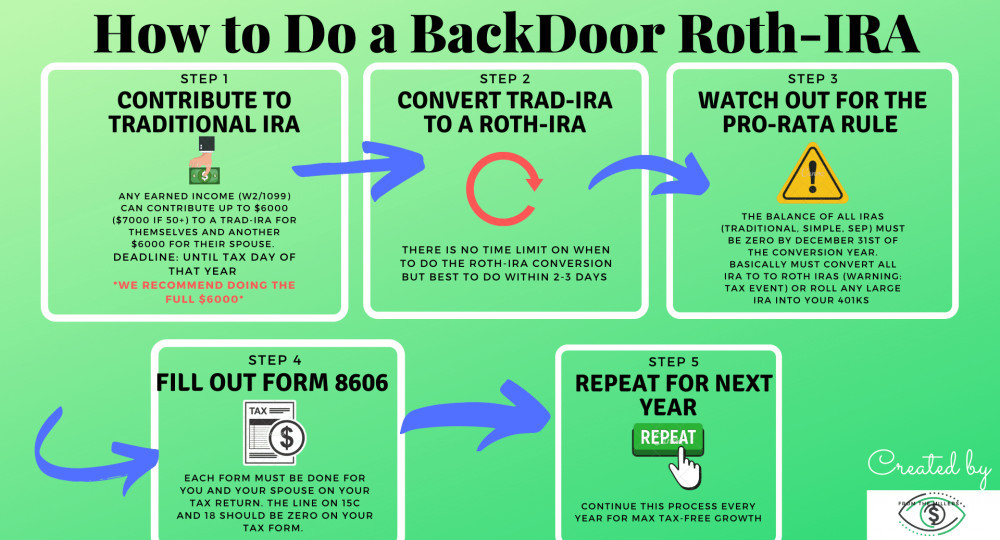What Are Money Market Funds?

A money market fund is an open-ended mutual fund that invests in cash and low-risk, short-time debt securities like commercial paper and US Treasury bills. The aim of a money market fund is to preserve money while obtaining a nominal yield. Companies and institutions often use a money market fund to manage their short-term cash needs.
The law from the US Securities and Exchange Commission (SEC) categorizes three groups of money market funds according to the investments of the fund, including prime, municipal, and government.
Types of money market funds
Federal regulation requires money market mutual funds to make the types of debt securities they hold to be very short in maturity and high in credit quality. The entire money market funds agree to industry-standard regulatory necessities concerning the maturity, quality, liquidity, and diversification of the fund’s investments. Based on the focus of the fund, investments can include short-term US Treasury securities, Eurodollar deposits, certificates of deposit, federal agency notes, repurchase agreements, corporate commercial paper, and compulsion of cities, states, or other kinds of municipal agencies.
Investors who might consider money market funds
Money market fund can be suitable for customers who:
- Have a short term financial goal
- Have a low acceptance for volatility, or are seeking to diversify with a more conservative investment
- Require the extremely liquid investment
This post contains affiliate links. Please please read my Disclaimer for more information
The returns on money market funds are commonly lower than the returns on other types of fixed income funds like bond funds. The money market fund looks to provide stability, so plays a significant role in your portfolio. People who invest can utilize money market funds in some ways:
- To compensate for the usually larger volatility of bond and equity investments.
- As short time investments for properties, they might be required in short term.
- In the form of a holding place for properties when waiting for other investment opportunities to appear.
Evaluating a money market fund
A money market fund is a kind of fixed income mutual fund with very strict maturity, diversification, credit quality, and liquidity requirements designated to assist it to achieve its purpose of major preservation and everyday access for investors. When customers chose a money market fund they should determine if its features are in line with their investment goals and strategy.
- The aim of numerous money market funds is generally to supply current income consistent with major preservation.
- US Treasury and government money market funds possibly can provide a lower credit risk and return profile compare with prime money market funds.
- Municipal money market funds can be suitable for non-retirement accounts that are not yet tax-shielded.
Pros of money market funds
- Stability
Money market mutual funds are among the least volatile kinds of mutual fund investments.
- Liquidity
Settle brokerage account trades in other investments or regain funds from a money market mutual fund is easily accomplishable.
- Security
Federal rules required the fund to invest in short-maturity and low-risk investments; it makes them less susceptible to market fluctuations than many other types of investment.
- Short duration
Since the money market mutual fund is short-term (up to a few months), so they are normally exposed to less interest rate risk than longer-maturing bond fund investments.
- Diversification
Money market mutual funds have several different securities; with restricted exposure outside US Treasury funds to every issuer.
- Possible tax advantages
The interest payments of some money market funds invest in securities are usually exempt from federal, and even in some cases, exempt from state income taxes; these funds may be a possible source of stable, tax-efficient income.
Risk of money market funds
- Credit risk
Money market mutual funds are not insured by the Federal Deposit Insurance Corporation (FDIC) unlike regular bank certificates of deposit (CDs) or saving accounts; money market mutual funds invest in high-quality securities and attempt to preserve the value of your investment, but there is the risk of losing your money without the guarantee of receiving $1 per share when you redeem your shares.
- Inflation risk
Due to the safety and short-time nature of these types of investments, money market mutual fund returns is normally lower than the return of more volatile investments like regular stock and bond mutual funds, which is generating the risk that the rate of return might not go forward with inflation.
Prime money market funds:
Foreign exposure: Entities placed outside the countries can be influenced by adverse regulatory, political, economic, or market developments in those foreign countries.
Financial services exposure: Fluctuations in government rules, interest rates, and economic downturns have a notable negative impact on issuers in the financial services sector, such as the price of their securities or their capability to meet their payment obligations.
All prime and municipal money market funds:
Liquidity risk: in case the fund’s liquidity drops below required minimums due to the factors like market conditions, the fund can require a fee on the sale of your shares, or can suspend your ability to sell shares for a short time.
Institutional municipal and institutional prime money market funds:
Price risk: when you sell your shares, due to the fund’s share price change, they can be worth more or less than what you originally paid for them.

Conclusion
Money market funds are fixed income mutual funds that invest in securities featured by short duration and least possible credit risk. These types of funds are among those investments that have the least volatility. The money market fund’s income depends on the types of securities the fund invests in is taxable or tax-exempt.
“If you have any feedback about what are money market funds that you have tried out or any questions about the ones that I have recommended, please leave your comments below!”
NB: The purpose of this website is to provide a general understanding of personal finance, basic financial concepts, and information. It’s not intended to advise on tax, insurance, investment, or any product and service. Since each of us has our own unique situation, you should have all the appropriate information to understand and make the right decision to fit with your needs and your financial goals. I hope that you will succeed in building your financial future.


















